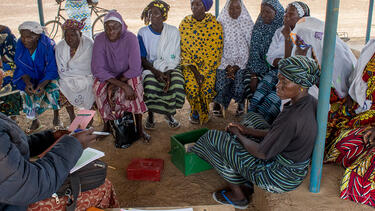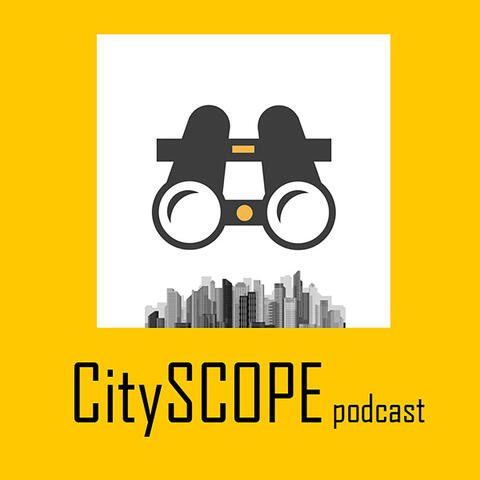Economic Development
Can Industrial Policy Help Revive Struggling Regions?
A new paper co-authored by Yale SOM’s Cameron LaPoint looks at an effort in 1980s Japan to narrow economic inequalities between geographic regions, in order to understand the potential impact of the similar U.S. CHIPS and Science Act, enacted in 2022.
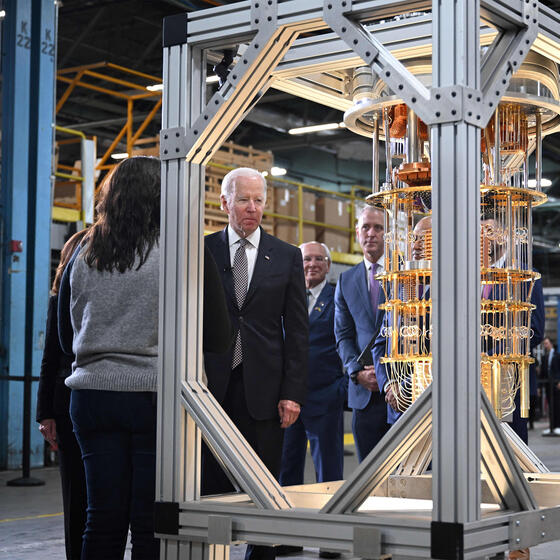
To Reduce Risk, Build Trust, in Developing Countries and the U.S.
Mena Cammett ’12 of the World Bank says that the tools used to analyze risk in emerging markets are increasingly relevant to the United States. To mitigate vulnerabilities, build trust.
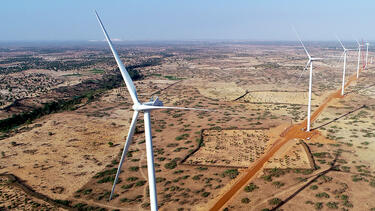
How Systems Thinking Can Help Stop Neglected Tropical Diseases
Despite being easy and inexpensive to treat, a group of common bacterial and parasitic infections kill hundreds of thousands of people in tropical countries each year. In a new paper, Yale SOM’s Teresa Chahine and her co-authors map the complex system of stakeholders surrounding the diseases and identify key leverage points for making progress.
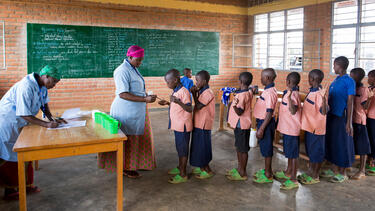
Seeking Scalable Solutions to Poverty
Prof. Mushfiq Mobarak describes the arc of his research on scalable, evidence-based policy responses to poverty and how existing research tools have been applied to fight COVID.
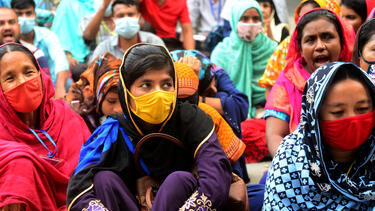
Can Religious Teachings Help Lift People Out of Poverty?
A study in the Philippines, co-authored by Yale SOM’s James Choi, suggests that learning Protestant Christian values and theology can boost poor families’ income.
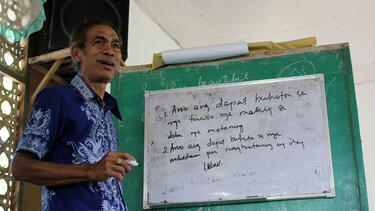
Study Examines Spread of COVID-19 among Rohingya Refugees in Bangladesh
Yale SOM’s Mushfiq Mobarak and his co-authors investigated the prevalence of the disease in the crowded refugee camps and offered recommendations to slow its spread.
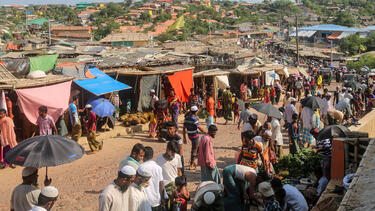
Can Mobile Cash Transfers Help the Very Poor Survive COVID-19?
In the developing world, many of those most at risk from the economic effects of COVID-19 are beyond the reach of aid programs. Yale SOM’s Kevin Donovan is testing the use of the transfers in a slum on the outskirts of Nairobi.
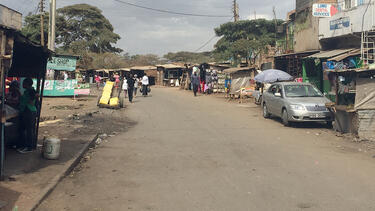
Helping the Hardest Hit
Even when the economy was roaring along, far too many Americans lacked the savings and support to respond to an unexpected loss of income. The COVID-19 crisis has thrown that fragility into stark relief.
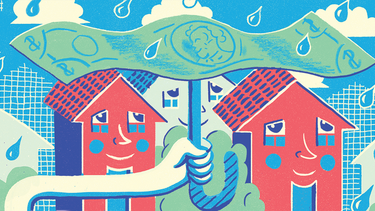
Responding to COVID-19 in the Developing World
The mass social distancing strategy being used to mitigate the spread of COVID-19 in the United States and Europe doesn’t easily translate to a developing country like Bangladesh, which lacks the capacity to impose restrictions or provide a social safety net for the unemployed.
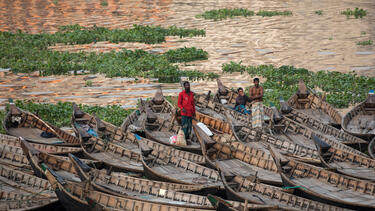
When Women Speak, Do People Listen?
In a study of farming villages in Malawi, Yale SOM’s Mushfiq Mobarak and his colleagues found that women’s performance on communication tasks seemed to be hindered by how other people received their work.
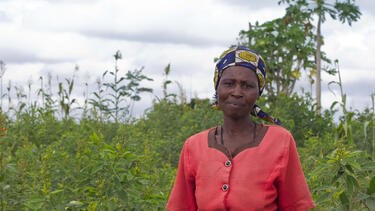
How Evidence Can Make International Development More Effective
Research by Yale SOM’s Rodrigo Canales and Tony Sheldon points toward a new model that brings together academics, policy makers, and NGOs from the beginning of the process in order to better integrate evidence generation into policy and practice.
